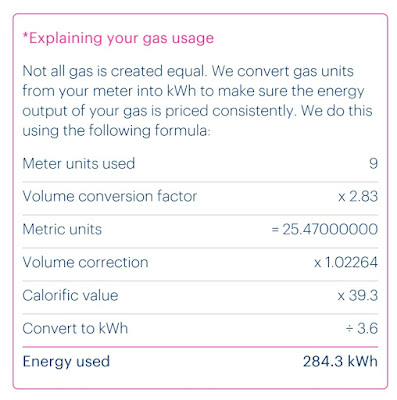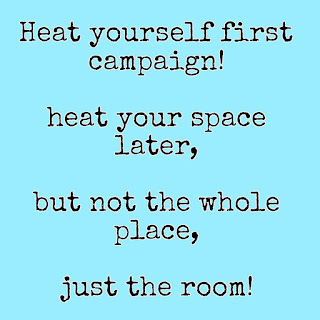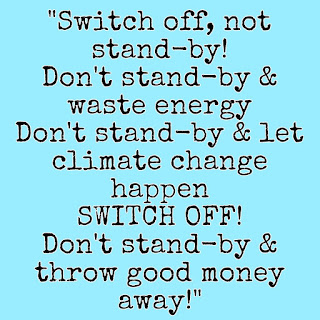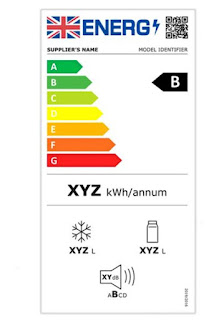Condensation, Damp, Mould Help!
Does your home a problem with condensation? Measure Moisture In The Air Consider buying a Hygrometer that measures level of humidity in your room/home. This way you can assess the level of interaction required by yourself to combat it. Moisture In The Home Our property needs to breath too! Allowing for good ventilation and air movement regularly, helps to prevent condensation. Condensation forms when warm moist air lands on cold surfaces like internal walls or Windows, if not managed this can lead to condensation damp. To combat moisture in the air: Produce less moisture Dry laundry outdoor or with good ventilation Let fresh air in & moist air out Extractor fans use! Trickle vents use! Draft proofing Insulation Heat unused rooms from time to time If you see it forming on Windows either open them ajar, & if too cold to do this then wipe away excess moisture Ensure large kitchen appliances have adequate vent...




